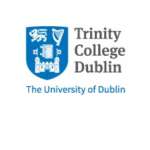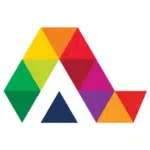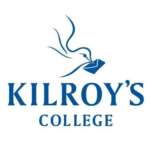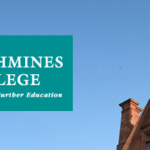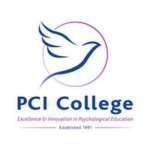Radio has been a source of information, entertainment and connectivity for people of all ages for generations. The popularity of radio continues unabated in the face of digital technologies and web-based media with many courses in radio broadcasting available. A study carried out in the UK in 2011 ( Mood of the Nation ) showed that radio s popularity could be attributed to its generally more upbeat in tone than internet content or TV. Indeed, by monitoring brain activity, the report showed that regular listeners benefited from enhanced moods, higher energy levels, and concentration.
Radio’s popularity has endured in Ireland too. According to a Ipsos MRBI survey conducted in 2016, 82% of Irish adults still listen to the radio every day. In fact, over half of them claim to do so for at least four hours per day.
What does it involve
It is hard to pinpoint a particular reason for radio s ongoing appeal as there appear to be several: it is a platform for new music, for conversation and debate, for news, for a sense of community; and because it does not suffer from the interruptions and distractions common to TV and the internet, it is often a far more engaging medium.
There is no guaranteed route in to radio broadcasting. While a natural talent is always helpful, success largely comes down to hard work, determination and experience. However, undertaking a part-time course is an excellent way of picking up the practical, technical and personal skills necessary for working in the industry.
A course in Radio Broadcasting Basics will introduce participants to the studio environment and the technical equipment used by undertaking several field trips to broadcasting/recording spaces. Along with working on a student s technical competence, tutors will also give training in production, research and presentation skills.
Advanced programmes allow students to further develop their skills, along with additional aspects such as editing and processing, location and studio recording, and voice coaching.
It is also possible to study specified areas instead of general broadcasting. Part-time courses in News Reading are developed and designed by industry professionals and cover the theoretical and practical elements of reporting the news. Upon completion of the course students will obtain an industry-recognised certificate and a recording of their programme. It is advised that participants first complete a course in Radio Broadcasting Basics before enrolling on the News Reading programme.
Another niche area in radio broadcasting is documentary making. Part-time courses in Radio Documentary Production are designed for those who already possess some broadcasting experience and are geared towards developing an understanding of narrative technique in order to produce stories that are captivating for listeners. Students will also build an appreciation of the contemporary technological processes used in the medium.
Why do it
The popularity of radio continues to grow. This is partly because broadcasters have adapted to newer technologies such as social media, which encourage greater interaction among listeners and broadcasters.
Anyone with a personable nature, love of music and fondness for chat will therefore find themselves right at home in the studio environment. Whether your area of interest lies in front of the microphone or behind the scenes, a Radio Broadcasting course will help you make the most of the talents you already have as well as add new ones to your repertoire. And as radio broadcasting can be a competitive business, the more preparation you have the greater your chances at success.
What comes next
Developing a set of radio broadcasting skills can lead to a career as a broadcaster, journalist, researcher, producer or technician.
At a glance
A Foundation Radio Broadcasting course will run for around 5 weeks. Programmes in Advanced Radio Skills tend to be shorter, running over the course of three weekends. News Reading courses last for three weeks.












